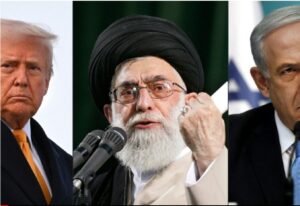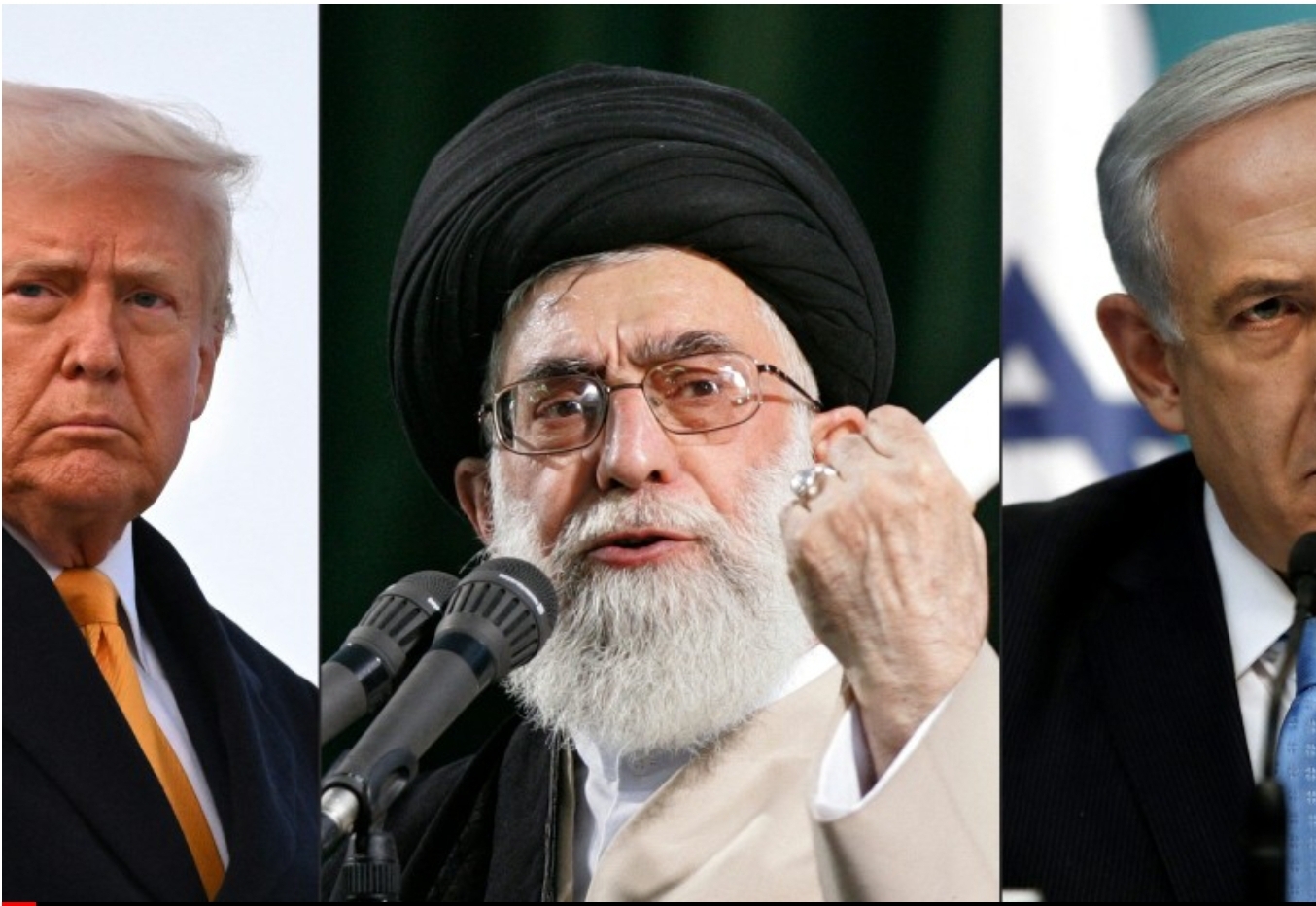
Iran Supreme Leader warned that any U.S. military involvement—whether by direct strikes or by supplying arms—would inflict “irreparable damage” on American
On June 12, 2025, Israel launched a series of airstrikes against sites in and around Tehran—reportedly targeting nuclear-related infrastructure—and has since expanded its operations against what it calls “deep-underground” facilities. These strikes have killed over 580 Iranians, including a significant number of civilians, according to human-rights monitors .
In retaliation, Iran has fired hundreds of missiles and drones at Israeli military and civilian areas, causing dozens of casualties and widespread alarm. Though many of Iran’s projectiles were intercepted, at least 24 Israelis were killed in the exchanges .
Khamenei’s message
On Wednesday, June 18, 2025, Supreme Leader Ali Khamenei read a statement on state television declaring that Iran “will never surrender” to demands of “unconditional surrender” pushed by President Trump .
He specifically warned that any U.S. military involvement—whether by direct strikes or by supplying arms—would inflict “irreparable damage” on American interests and could spark a much wider conflagration .
Why this matters
- Risk of U.S. entanglement: President Trump has amphibiously increased U.S. naval and air assets in the region and publicly hinted at backing Israel’s campaign. Khamenei’s red-line warning aims to deter Washington from escalating beyond diplomatic support.
- Regional stability: A U.S. strike on Iran could trigger an “all-out war,” drawing in proxy forces across Iraq, Syria and Yemen—and potentially threatening global oil flows through the Strait of Hormuz.
- Domestic politics: Both leaders are under pressure—Trump from hawkish voices demanding toughness, and Khamenei from hardliners demanding retaliation. Their public pronouncements serve to shore up internal support.
What to watch next
U.S. decision-making: Will Washington confine itself to arming Israel, or move to direct strikes on Iranian soil?
Diplomatic moves: Russia, China and European powers have called for de-escalation—any back-channel talks could alter the trajectory.
On-the-ground developments: Civilian evacuations around Tehran and northern Israel will signal shifts in perceived threat levels.
